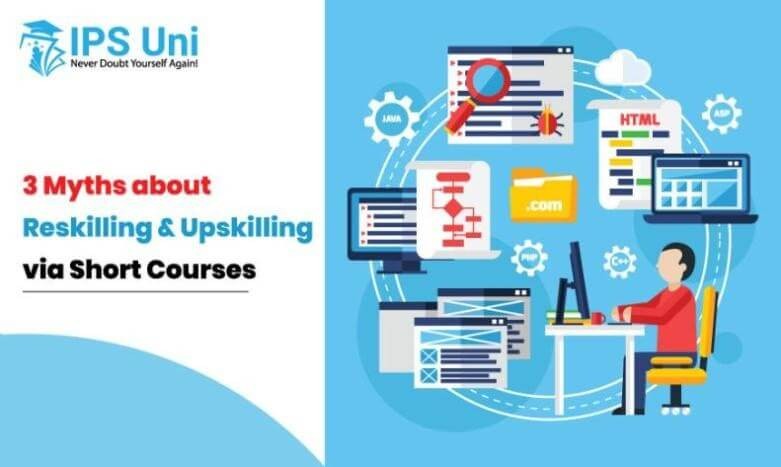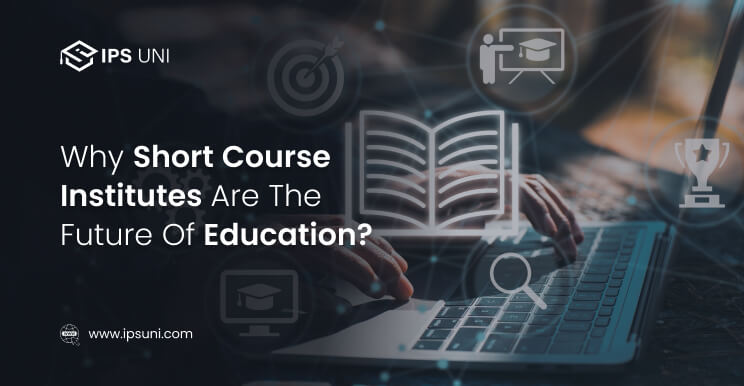
Reskilling and upskilling are the talks of the town for quite some time. Businesses need individuals that are multifunctional, talented, and have the passion to excel.
However, multi-functionality requires upgrading of skills, which doesn’t come without learning. Whether you learn new skills or refine previous techniques, it requires an ample amount of time and a good training institute to lead on the learning process.
If you are already an employee in a well-known company, leaving everything behind and start your student life again seems tough. You, of course, can’t muster up the courage to say no to a stable income even if it’s minor. But, without upgrading, you might not see any future for you. What will you do?
We say modern language institutes solve this issue. They provide an opportunity, especially to the working class, to learn new skills without disturbing their schedule. They are short, flexible, and includes technical education.
The world of learning for adults is challenging, and it comes with many myths. In this article, we will be debunking some commonly shared notions that pose barriers to someone’s learning in a short course institute.
This myth might seem laughable in between pandemic crisis. However, many people believed that remote or online classes are not as effective as physical classes. But, it is not true.
Yes! We can agree that it is easy to escape online classes, and there are numerous ways to not engage in the classes, but all you have to do is make an engaging and interesting course outline that compels students to remain connected with the virtual learning sessions. Many short courses institute already focus on this factor, and that’s why online training short courses are getting popular among masses.
Short vocational courses often face backlash upon the structure of the course outline. They are usually designed to cover technical aspects of the subject rather than concepts or theory. With this in mind, it does not imply here that students are given no knowledge of important concepts.
Working with dynamic teams influences education in the same way as formal education. You learn a lot just by working on the same premises. For Instance, in our SEO short course, we arrange sessions with web developers and content creators to help aspiring SEO experts grab the industry norms as they will have to deal with developers and writers in the future. Thus, they need to engage with dynamic teams.
Moreover, the formal course outline does not generate desired outcomes every time.
Yes! We have people who can learn on their own, but it varies from person to person. Even people who are self-learners can’t introspect about several perspectives.
Upskilling or reskilling doesn’t come with reading books. You interact with fellows, communicate concerns with instructors, get to know the history of the subject, and more. Employees lack these opportunities. Thus, providing them with notes or directions leave them overwhelmed.
Professional modern short courses institutes keep these aspects in focus and hire the best possible resource that makes the learning journey easy for adult students.
It prevents students from demotivation and poor decision-making and turns into skillful individuals.
IPS Unit of Education, therefore, promotes nothing but professional training via online classes. Our successful batches are now in reputable firms, and short courses have proved to be the best decision of their lives. If you want to learn along with earning, contact us to know how we can help upgrade your skills.


